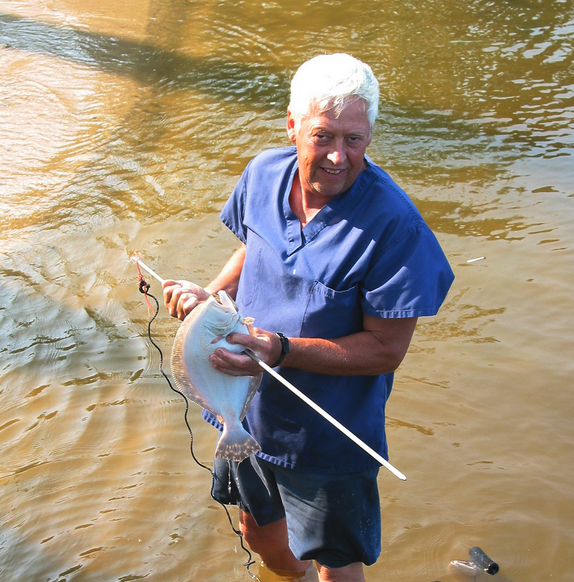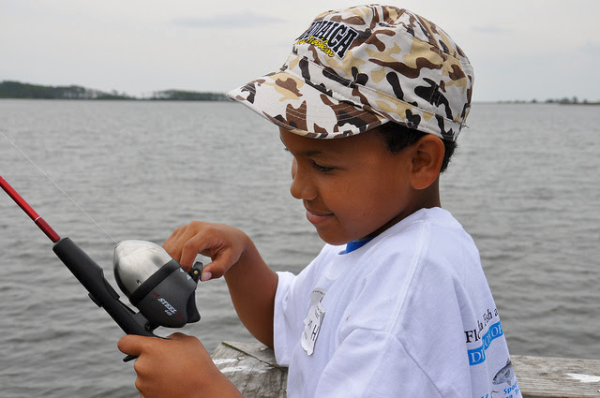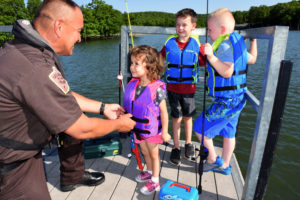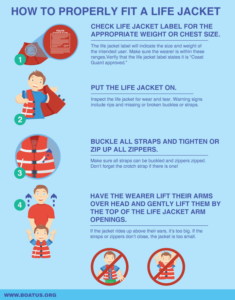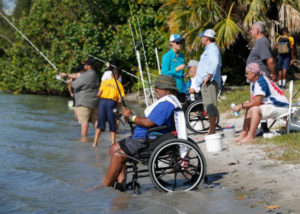July 4th always revolved around Clarks Hill, skiing, fishing and eating with family and friends. Daddy joined Raysville Boat Club in 1966 when I was 16, so most things started and ended there much of my young life.
One year in the 1990s Linda and I went over to spend a few days there with mama and daddy, and of course, I want to fish. But the lake was a madhouse during the day. Clarks Hill is huge, 72,000 acres of water, so there should be room for everyone, but everywhere I went the water was churned by wake boats, skiers, and skidoos.
We went down to Rousseau Creek all the way to the back of it. It got narrower but was still about 100 yards wide, but the water was only two to three feet deep. Not a good place to ski! After getting far enough back to be in water four feet deep or less, one skidoo came whining in, turned and went back out.
After that we did not see another boat from 11:00 AM until 3:00 PM when we headed back to the boat club. It was so secluded we could do anything we wanted! But that’s another story!
I cast a four-inch curly tail worm on a one-sixteenths ounce Slider Head on a spinning outfit and six-pound line and caught nine keeper bass and several shorter than 12 inches. I would cast past a stump, glide it just over the top of it, and watch the bass rush out and grab it. The water was so clear I could see every move the bass made from the strike to the boat.
When we went in, after getting back to deeper water, we had to slam through waves the whole six miles back to the boat club. A usual five-minute trip took 40!
Another trip was a bit scary. Harold was my best friend and his family always had a big reunion at Winfield Picnic area in the mouth of Rousseau Creek. I often went to join them, taking our 17-foot Larson ski boat with a 120 HP MerCruiser motor. It was a big, heavy boat that would run about 30 MPH on a good day, but was an amazing ski boat, the best on the water back then.
More than once I pulled six people on skis at one time behind. It had a lot of torque and the power to do that. I spend many happy hours behind it on a ski and got pretty good. The boat club was 15 minutes from Thomson High School and the boat stayed in the water under a boat shed, ready to get in and go skiing any time.
A group of us would often plan to head to the lake to ski after school during warm weather. I think I taught about half my class to ski. In my annual, my senior predictions said I would grow up to be the Presidential Ski Advisor!
Part of that was teaching so many to ski, the other part was most of my classmates figured I was too lazy to make much of myself!
One July 4th I rode down to Winfield and met Harold and his family about 9:00 AM. There were probably 40 people there, about a dozen teenagers like me. For three hours we would put six folks in the boat and go ski.
After a huge lunch we went back out just in time for a big thunderstorm with pouring rain to hit. We quickly put up the top and rode out the storm. The boat had a top that came back over the cockpit and side and back flaps that enclosed the whole boat. Not a drop of rain got in, but it was hot in there. I think that was about the only time we put it up the whole time we had that boat.
After the storm, we skied until about 5:00 PM then I headed back to the boat club by myself. Back then a trip to Winfield was an experience, taking about 30 minutes at full speed in the Larson, in mostly unknown waters.
When I came out of Rousseau Creek and hit the main lake, another thunderstorm hit. I kept the boat at an idle, the waves were so big I would go down in a trough and lose sight of land.
More scary, I would see stumps in those troughs, the lake is full of them, especially on the old river channel in the deepest water. They had been topped out about five feet below full pool, so the waves exposed them.
It took me more than three hours to get back and it was almost dark. Now I can make that run in my bass boat in five minutes but would not want to try with waves like those that day.
Have a wonderful July 4th, eat good food, spend time with family, make good memories, but never forget why we celebrate starting out great nation, the best one on earth.
